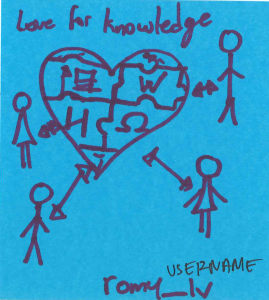
When it comes to real estate, few states are as vibrant and dynamic as Florida. With its stunning beaches, diverse cities, and booming property market, it’s no wonder that many individuals aspire to become real estate professionals in the Sunshine State. However, the path to becoming a licensed real estate agent in Florida involves several essential steps and requirements. In this blog, we’ll break down the Florida real estate license requirements license requirements, helping you pave your way to success in this exciting industry.
1. Understanding the Basics: Real Estate License 101
Before delving into the specifics, let’s start with the basics. A real estate license in Florida is a legal requirement for individuals who intend to engage in the buying, selling, leasing, or managing of real property on behalf of others for compensation. Whether you’re interested in residential, commercial, or even industrial properties, you’ll need to obtain the necessary license to practice legally.
2. Educational Prerequisites: Knowledge is Key
One of the first steps towards obtaining your Florida real estate license is completing the required pre-licensing education. Aspiring agents must complete a 63-hour pre-licensing course from a Florida Department of Business and Professional Regulation (DBPR) approved education provider. This course covers fundamental real estate principles, property management, real estate law, ethics, and more.
3. The License Application Process: Making it Official
With your pre-licensing education under your belt, it’s time to take the next step: applying for your real estate license. You’ll need to submit an application to the DBPR along with supporting documents, including proof of your completed education. The application process typically involves a fee, so be sure to budget accordingly.
4. The State Exam: Putting Your Knowledge to the Test
Once your application is accepted, you’ll be eligible to sit for the Florida real estate license exam. This comprehensive exam evaluates your understanding of the materials covered in your pre-licensing course. It’s a crucial step that requires dedicated preparation. Many aspiring agents choose to take exam prep courses or use study materials to increase their chances of success.
5. Finding a Brokerage: Your Entry to the Industry
Passing the state exam is a significant accomplishment, but it’s not the final destination. To practice as a real estate agent in Florida, you must associate yourself with a licensed real estate brokerage. This affiliation provides you with the necessary mentorship, guidance, and experience to navigate the real estate landscape effectively.
6. Post-Licensing Education: Continuing Education for Ongoing Success
After obtaining your license, the learning doesn’t stop. Florida requires newly licensed agents to complete a 45-hour post-licensing course within their first renewal cycle. This course dives deeper into practical aspects of real estate transactions, helping you build a strong foundation for your career.
7. Continuing Education: Staying Current in a Dynamic Field
To maintain your Florida real estate license, you’ll need to engage in continuing education. This involves completing 14 hours of approved coursework every two years. Continuing education ensures that you stay up-to-date with industry trends, legal changes, and best practices.
8. Specializations and Advanced Certifications: Elevating Your Expertise
As your career progresses, you might consider pursuing specialized certifications or designations to differentiate yourself in the competitive market. Whether you’re interested in luxury properties, commercial real estate, or property management, advanced certifications can enhance your credibility and open doors to new opportunities.




